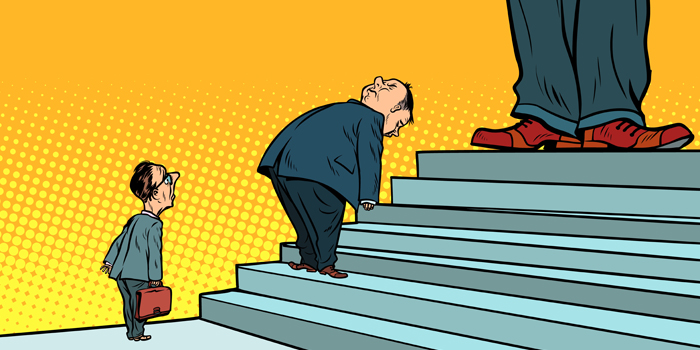
Nothing corrupts a man quicker than wealth, power, and fame. History points to the fact. I’m not here to bash those who’ve fallen as much as I want to learn from their mistakes. I’m under no illusion that given enough money, influence, and notoriety — may quickly be counted amongst the fallen.
I know people who bemoan the wealthy, powerful, and famous. I personally don’t see any of these three characteristics as bad, per se. Rather, I believe the way the aforementioned are wielded determines their goodness. Here are four lessons learned from the fallen.
RECENT: 4 Things I Learned in Prison
1. Prone to Power
Only the ignorant covet a throne because they’re wrongfully allured by the idea of power but blind to the gravity of its responsibility. Augustine wept when he was made the bishop of Hippo in North Africa because he understood the cost. Why did Emperor Marcus Aurelius seek to pass his power to the Hispano-Roman general Maximus Decimus Meridius in the movie Gladiator? Several reasons come to mind, but in part, it was because Maximus didn’t want the position of power like the emperor’s son Commodus. We witness the extent of Commodus’ lust for power when he murders his own father to obtain his throne.
The best leaders are reluctant leaders who are not prone to power. Not because they lack the character or wisdom of a good leader, but because they understand the cost. The annals of human history are strewn with fallen leaders who began as power-hungry bullies; quick to rise and quick to fall. We rarely see men with a deep thirst for power, wealth, and/or fame enter leadership and successfully transition into servant-leaders whose labor benefits others.
2. Prone to Pridefulness
A common characteristic of fallen leaders is pride. On the flipside, servant leadership demands humility to set aside one’s preferences. With bad leaders, it’s all about them and increasing their wealth, power, and circle of influence It’s extremely rare to see a person fall from a leadership role when their lives are marked by humility. Perhaps this is why King Solomon said, “Pride goes before destruction, and an arrogant spirit before a fall.”
Pride gets in the way of listening, learning, and a posture of openness in which to seek out or receive wise counsel from others. Their ego informs their bad thinking that says they have all the answers. In pride, they attack people rather than issues, which blunts a leader’s ability to become self-aware. In fact, their keen awareness of the shortcomings of others stands in stark contrast to the blindness toward their own.
3. Prone to Indulgence
Leaders tend to fall when they lack reverence for their own money, power, and influence. Lacking appreciation for their prominence; they squander it. A passivity exists when their followers need them to initiate and lead well. Their fall comes on the heels of a failure to set and maintain healthy boundaries. They’re quickly ensnared by scandals — sexual, financial, or otherwise.
Delayed gratification is a mark of maturity that requires discipline. Self-control is a key factor in determining higher achievement, and well-being. Self-controlled people sleep better, experience fewer physical sickness symptoms, and live longer lives. Leaders with higher levels of self-discipline display more effective leadership styles and are more likely to inspire and challenge their followers to higher personal achievement. Coincidentally, the highly disciplined enjoy greater wealth and exhibit greater generosity.
RELATED: 9 Things I Learned From a Social Media Detox
4. Prone to Selfishness
Leaders, lacking the scars of battle and unseasoned by hardship, tend to operate out of selfish motives fueled by a desire to make their life comfortable at the expense of others. Their stance on life’s purpose leading to a hammock and a cold drink makes them weak in the moments when strength is vital. How often do bad leaders wake up and ask themselves, “What good can I do with the wealth, power, and influence I possess today?” But that is the question a good leader asks, which requires an outward focus most men don’t desire.
A good leader enters his role like a warrior entering a dojo — expecting and prepared for battle. A bad leader thinks it's all about them, with their guard down, expecting others to step in and fight the good fight. As a result, when difficult circumstances arrive; and they will, these leaders get knocked the heck out. The history of fallen leaders strewn along life’s path often never learned how to fight nor were they properly taught those things worthy of fighting for.
Conclusion
If you find yourself at some point in life with an abundance of wealth, power, or fame, recall the distinctive characteristics of those who failed before you. Enter your leadership role with reluctance, humility, self-control, and an outwardly focused mindset that places the needs of others before yourself.
Header image courtesy of Igor Sapozhkov © 123rf.com











1 Comment